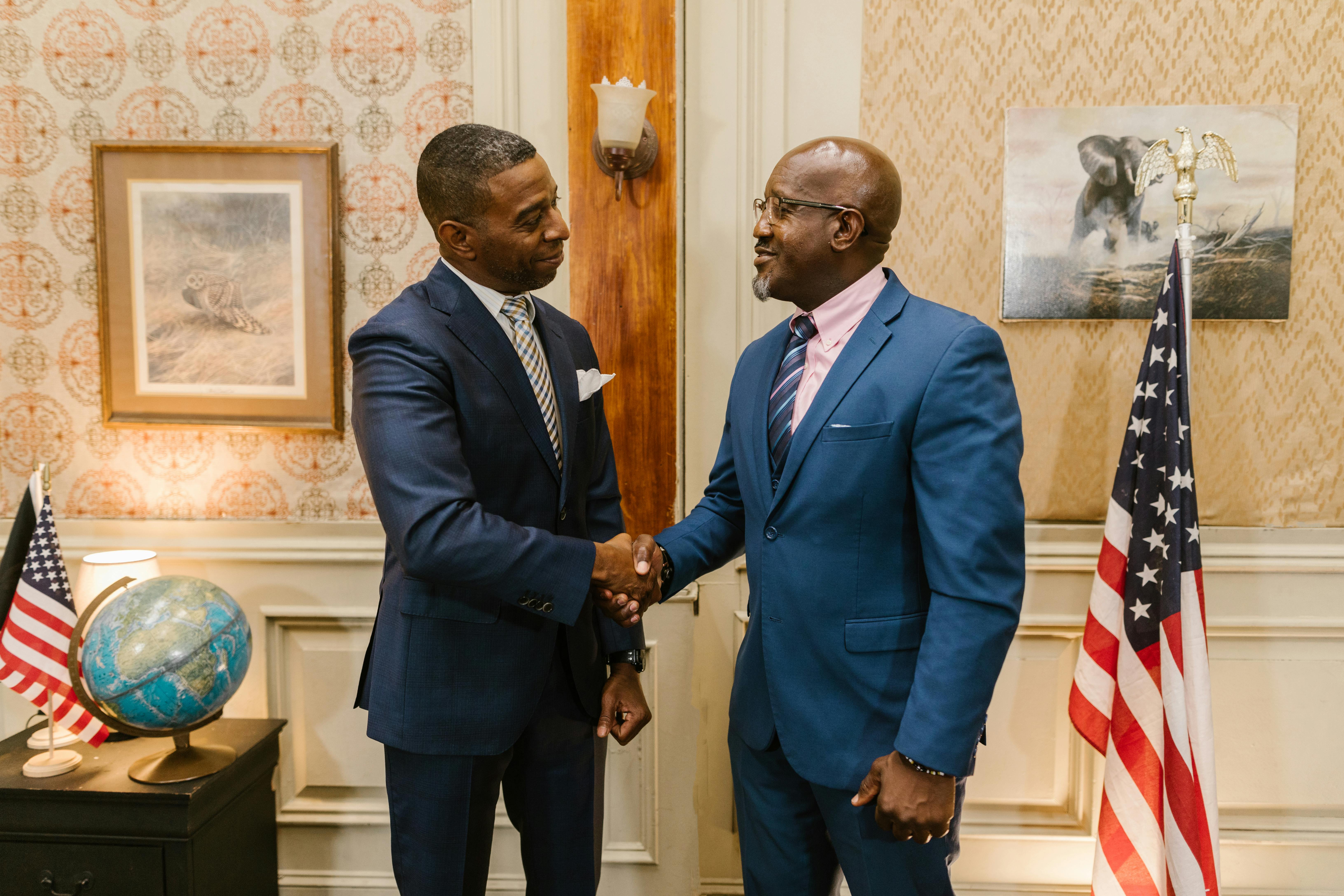
Introduction
In a dramatic yet calculated political move, former U.S. President Donald Trump held a high-profile meeting with Qatar’s top leadership this week, aiming to cement America’s economic and diplomatic interests in the Middle East. This unexpected development, unfolding amid Trump’s active return to the global stage, has sparked a blend of praise, skepticism, and controversy both in Washington and beyond.
Let’s break down what actually happened, what’s at stake, and why the Doha summit could have far-reaching consequences for global politics and business.
A Record-Breaking Aircraft Deal That Caught the World’s Attention
The crown jewel of Trump’s Doha visit was an eye-popping $243.5 billion economic pledge from Qatar. At the heart of it lies a historic aircraft deal between Qatar Airways and Boeing. The Gulf nation placed an order for up to 210 Boeing aircraft, including 787 Dreamliners and 777X jets, with engines supplied by GE Aerospace.
This deal is projected to:
- Support over 154,000 American jobs annually
- Generate $1.2 trillion in long-term economic activity
- Deepen Boeing’s footprint in global aviation post-pandemic
“This is not just a business deal. It’s a statement about who America’s real partners are,” Trump said during a press conference.
Defense Ties: Drones, Anti-Air Systems, and More
Qatar also announced a major expansion of its defense cooperation with the U.S., agreeing to:
- A $1 billion deal with Raytheon for advanced counter-drone systems
- Nearly $2 billion for surveillance drones from General Atomics
- Potential future defense commitments totaling up to $38 billion
This bolsters U.S.-Qatar military synergy and is seen as a counterbalance to regional threats, including the rising influence of Iran.
Hostage Diplomacy: A Quiet Triumph Behind Closed Doors
Behind the glitz of billion-dollar deals was a quieter but deeply significant moment. Qatar, often seen as a strategic intermediary in Middle Eastern conflicts, helped facilitate the release of Edan Alexander, the last known American hostage held in Gaza.
Sources close to the matter confirmed that Trump’s team was directly involved in the backchannel negotiations, with Qatar playing the key mediator role. This successful release has added weight to Trump’s image as a negotiator—even as the Biden administration faced criticism for lack of progress on the matter.
Gift or Scandal? The $400M Private Jet Controversy
Amid all the progress, a brewing controversy has overshadowed part of the narrative.
Qatar reportedly offered Trump a $400 million luxury Emirates jet, with some speculating it could serve as a private “Air Force One” during a future term. Trump defended the gesture, citing delays in U.S. aircraft delivery. However, the move sparked backlash over ethical concerns and the legality of accepting such a gift.
Critics argue that this could violate U.S. ethics laws, while supporters see it as a symbolic gesture of international respect.
The Political Fallout: MAGA Base Divided
Trump’s diplomatic embrace of Qatar hasn’t gone unnoticed within his own party. Many from the MAGA base, particularly staunch supporters of Israel, voiced anger over Qatar’s past ties to Hamas leaders and its financial support to Gaza.
Conservative circles questioned the optics of cozying up to a nation accused of sheltering terror financiers, even as Trump positions himself as a strong voice against extremism.
Why This Matters: A New Middle East Power Axis?
Trump’s Doha engagement signals a strategic pivot in Middle Eastern diplomacy—a mix of business, defense, and soft power diplomacy.
Here’s why this matters:
- It shows Qatar’s growing influence as a broker between East and West.
- It repositions Trump as an active player in global politics, despite no official role.
- It reveals a post-oil economic strategy by Qatar focused on aviation and defense.
Final Thoughts: Deal or Diplomacy, Trump Is Back on the Global Stage
Whether viewed as a masterstroke of economic diplomacy or a controversial sidestep of protocol, Trump’s meeting with Qatari leaders in Doha was anything but symbolic. It’s a reflection of how business, politics, and global security are becoming increasingly intertwined and how former leaders continue to shape the future long after their official term ends.
As the Middle East navigates new alliances and old rivalries, this meeting might just be the starting point of another geopolitical shake-up.
